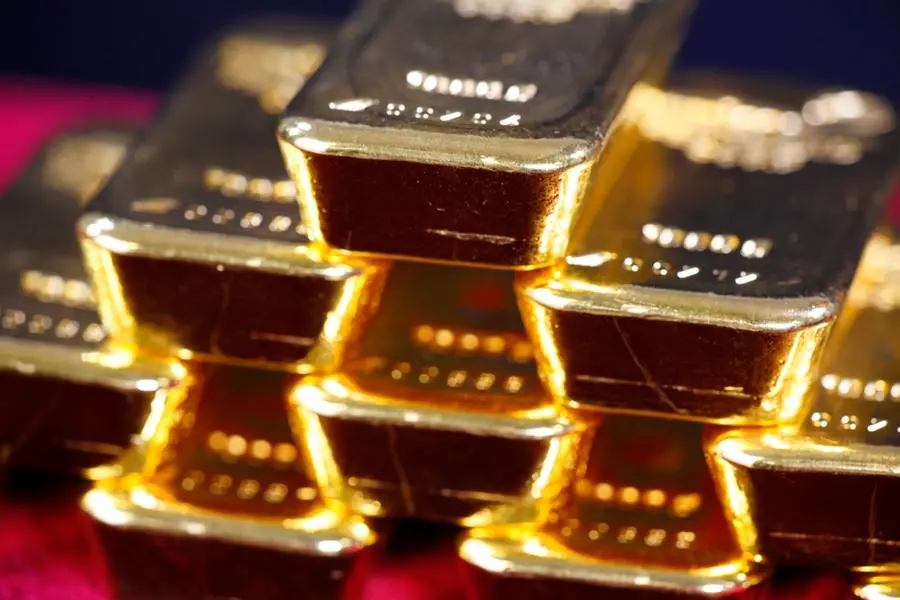PHOTO
Gold fell on Monday after climbing last week on fears of a war in the Middle East.
Julius Baer said, notwithstanding the geopolitics, the upside for gold from safe-haven demand could fade away as the global economic trends are robust.
"While we cannot rule out an escalation of the conflict, we have a very high conviction in the established economic trends: no recession in the United States, higher for longer interest rates, and no systemic banking stress. These trends should result in a further fading of safe-haven demand, which is why we see no need to change our views on gold and silver," Carsten Menke, economist said in a note on Monday.
Gold, viewed as a safe investment during times of conflict and uncertainty, surged 3.2% to $1,928.15 per ounce on Friday in its biggest one-day rise in seven months. According to Reuters, speculators, which turned net short on COMEX gold for the first time since November 2022 this month, increased their net short positions in week ended October 10.
Julius Baer said short-term speculative traders in the gold and silver markets are currently experiencing tough times. "Betting on higher prices, they were caught on the wrong foot as the long-awaited US recession did not materialise and the US Federal Reserve stated that interest rates would remain higher for longer."
Menke said a pickup in safe-haven demand very much depends on the future development of the situation, with the risk of an escalation in the conflict towards Lebanon and/or Iran. "While almost impossible to assess, there are very few signposts so far, and it seems as if the conflict has erupted along the established conflict lines. In the past, and in line with the overall geopolitical pattern, conflicts between Israel and Hamas have not moved the gold and silver markets for long."
(Writing by Brinda Darasha; editing by Seban Scaria)





















